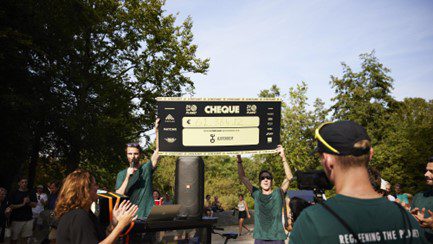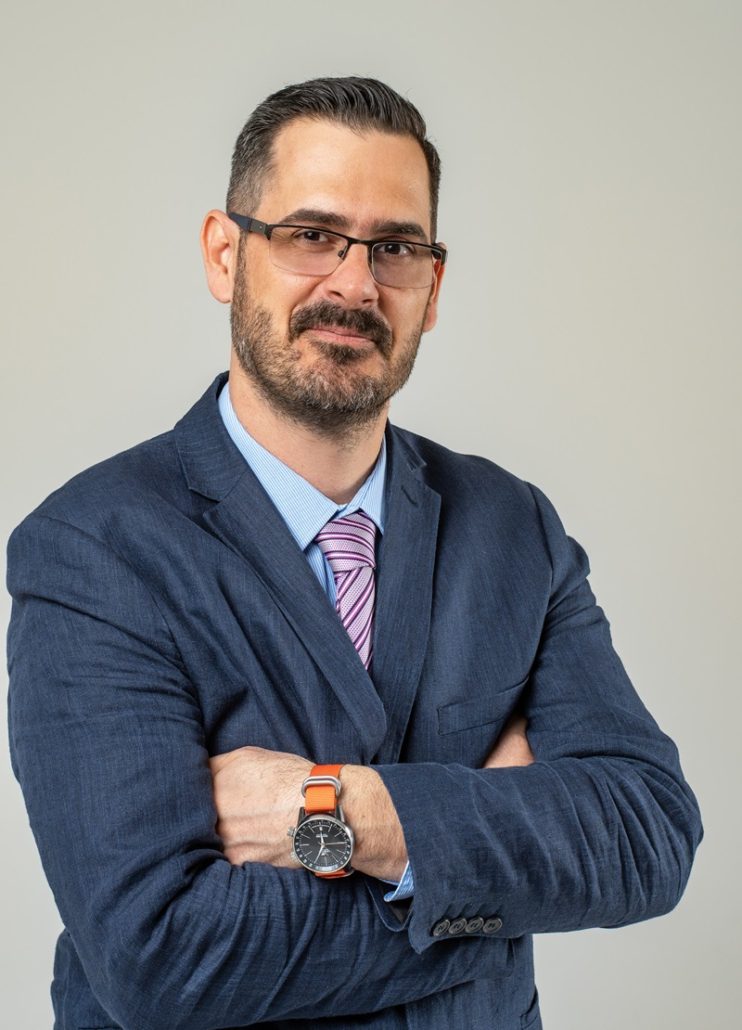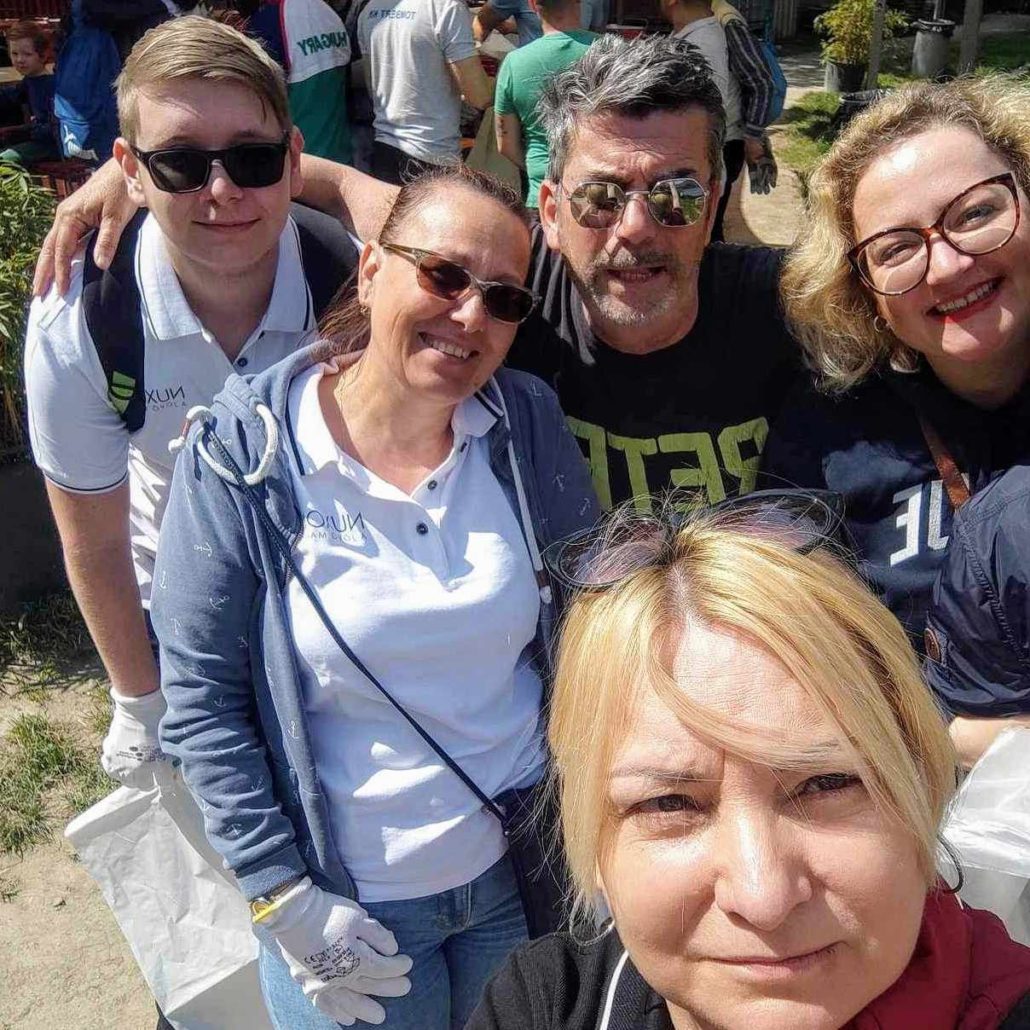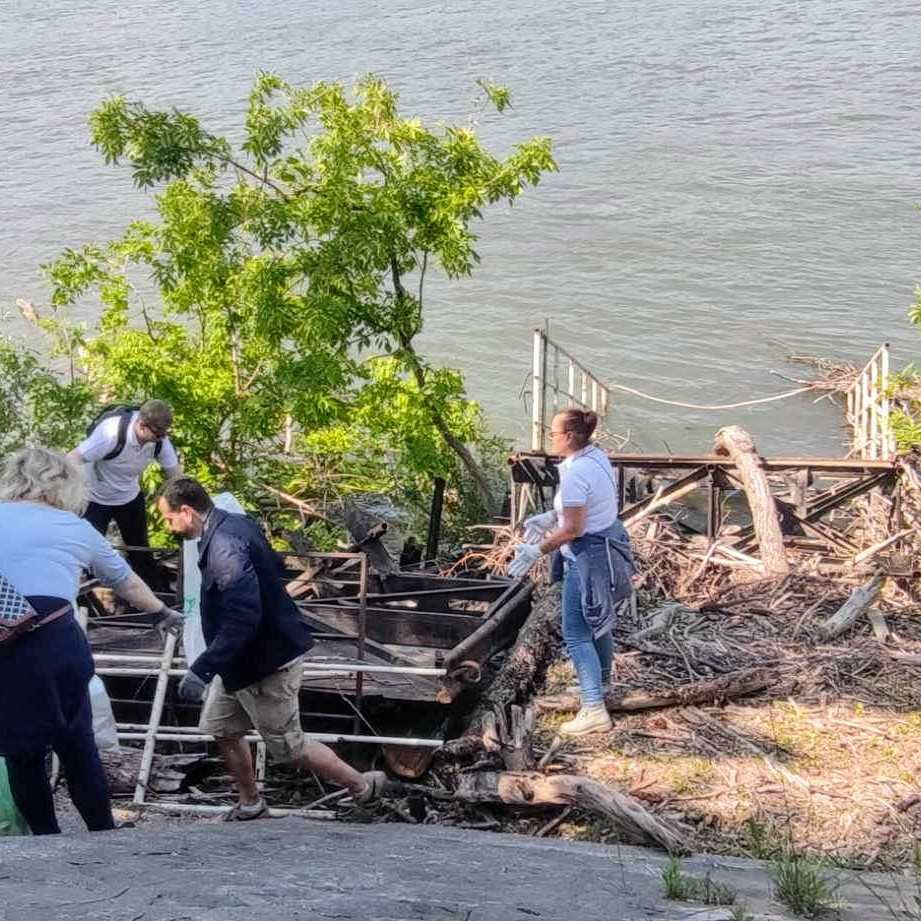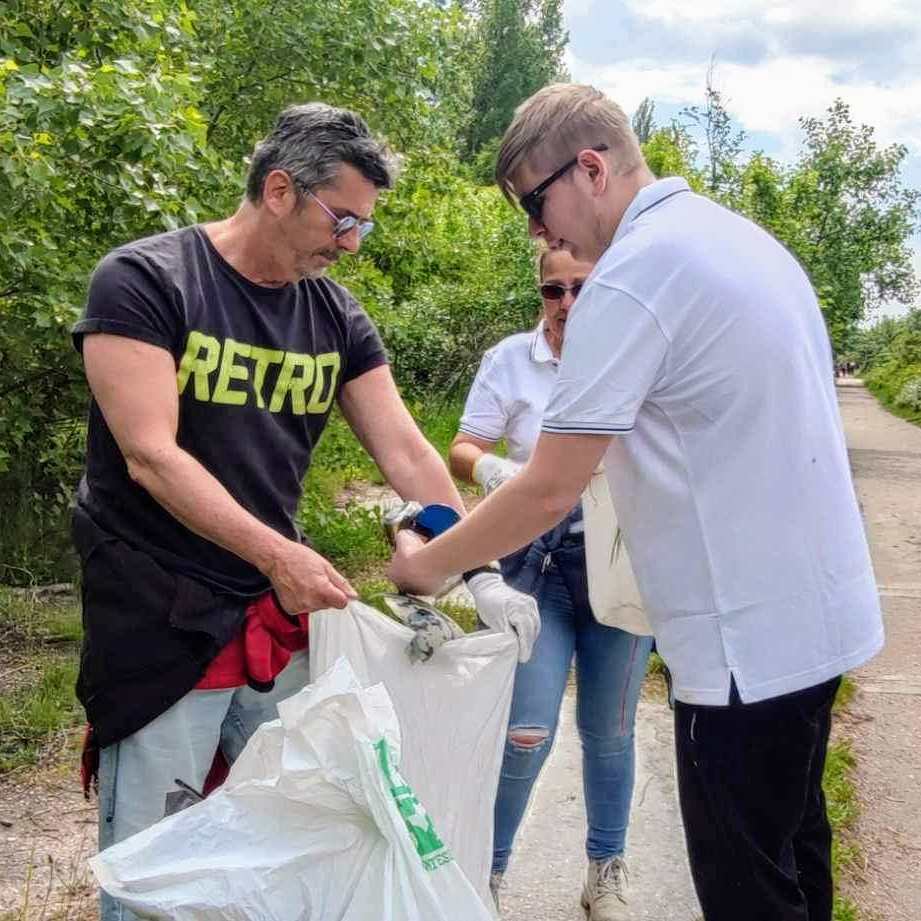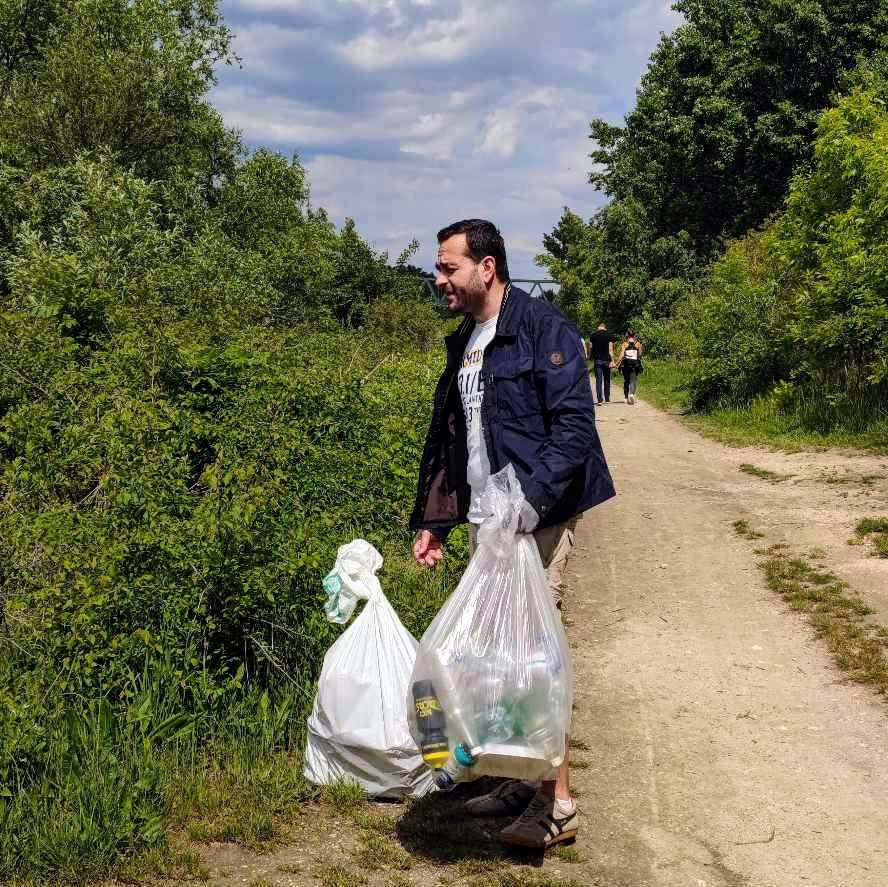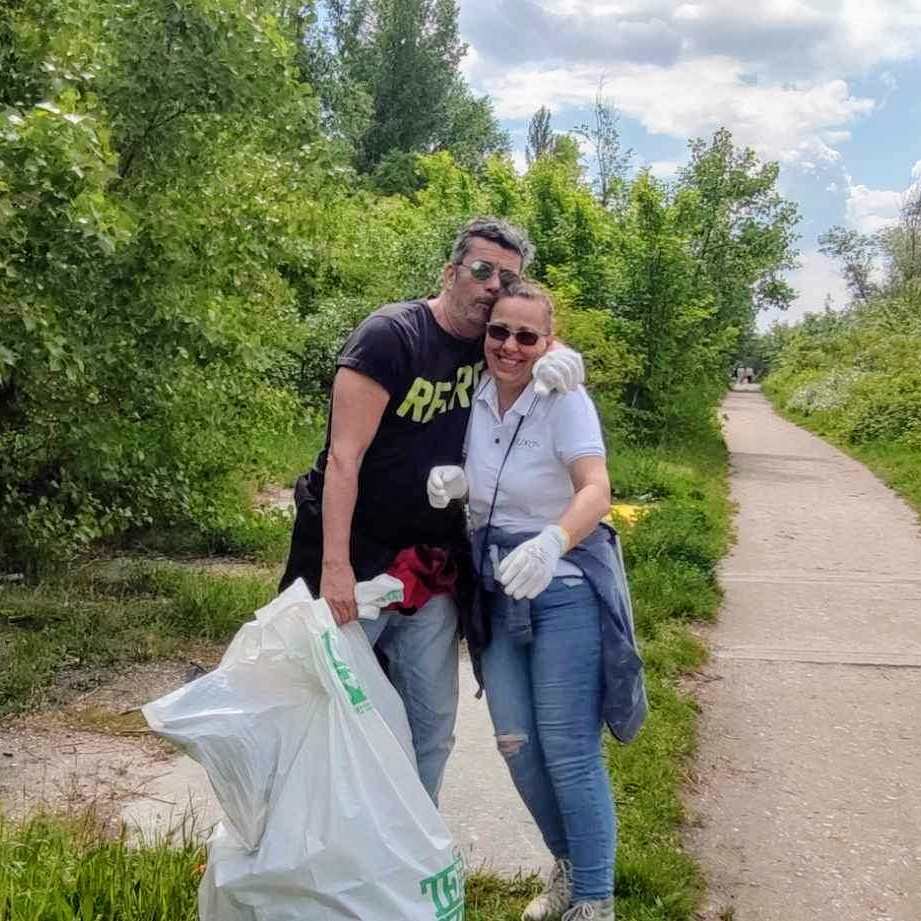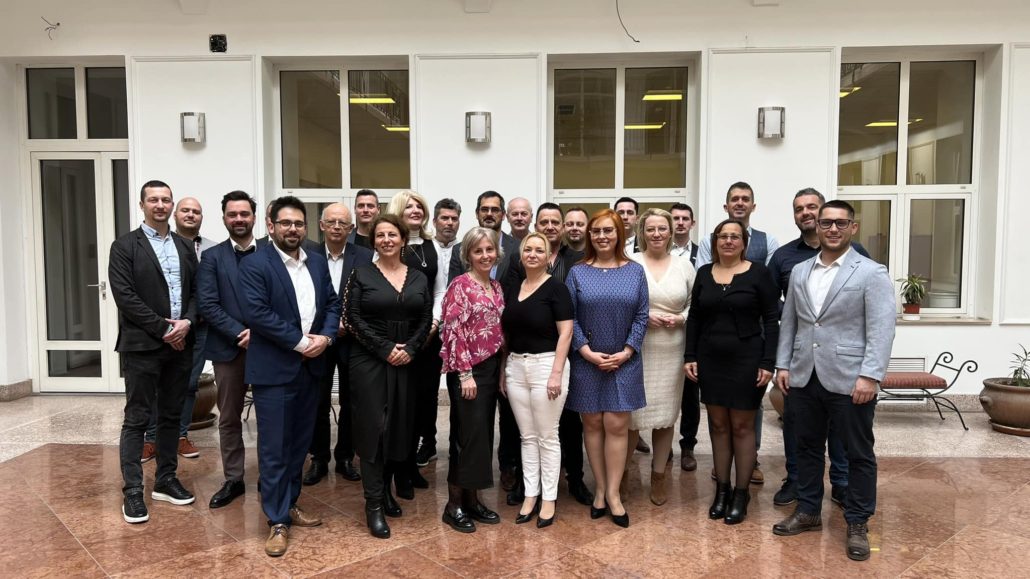DS Smith is present as a provider of sustainable packaging solutions, paper products and recycling services in more than thirty countries worldwide. The company plays a central role in the value chain across sectors including e-commerce, fast moving consumer goods, food and beverage, and industrials. DS Smith is committed to sustainability and transition to a circular economy. They launched their Now & Next Sustainability Strategy in 2020 by set ambitious near and long-term targets that confirmed their commitment to the Circular Economy and their Purpose of Redefining Packaging for a Changing World.
Their goal is to reach Net Zero GHG emissions by 2050. On the way to this, many objectives have been settled. Their goals to be achieved by 2025: measure and improve biodiversity in their forests and assess their dependencies on nature, launche biodiversity programmes in place at each of their paper mills, 100% paper mills and packaging sites to have water management plans, optimise fibre for individual supply chains in 100% of new packaging solutions, help their customers take 1 billion pieces of problem plastics off supermarket shelves, test up to 5 reuse pilots and continue to manufacture 100% recyclable or reusable packaging. Their objectives to be achieved by 2030: reduce Scope 1, 2 and 3 GHG emissions by 46% compared to 2019, 10% reduction in water-withdrawal intensity at paper mills at risk of water stress compared to 2019., optimise every fibre for every supply chain, send zero waste to landfill. In addition their aim is for all their packaging to be recycled or reused.
They have a range of policies, including on social and governance issues. DS Smith operates as a safe, diverse and inclusive workplace and playing an active role in their communities. They set an aspiration of other protected characteristics and aim to to improve gender diversity towards 40% women in senior leadership by 2030. They aim is to engage 100% of their people on the circular economy by 2025 and by 2030 By 2030, engage ten million people on circular economy and circular lifestyles.
Their ESG ratings: the annual MSCI assessment since 2012 (Current rating AA); the annual EcoVadis assessment since 2014 (Current rating – Gold), Circulytics -Rated A-, the annual CDP submission since 2010 (Current rating: Climate Change A; Forests A-; Water Security A-), S&P Global Corporate Sustainability Assessment (DJSI) – Rated 73, LSE Green Economy mark – Awarded by the London Stock Exchange’s (LSE) new green economy mark accreditation, AB Sedex members since 2014, the annual Sustainalytics ESG assessment (Current rating 12.9 ‘Low Risk’), Member of the UN Global Compact since 2013, the annual WWF Environmental Paper Company Index (EPCI) since 2015.
DS Smith has published a sustainability report since 2014 at a group level.
The company considers it is key wherever it operates, to do everything possible to achieve sustainability and transition to a circular economy, so it looks to BCSDH as a startegic partner. The council offers a valuable opportunity to cooperate and build relationships with several companies and experts sharing best practices and learning from each other.


